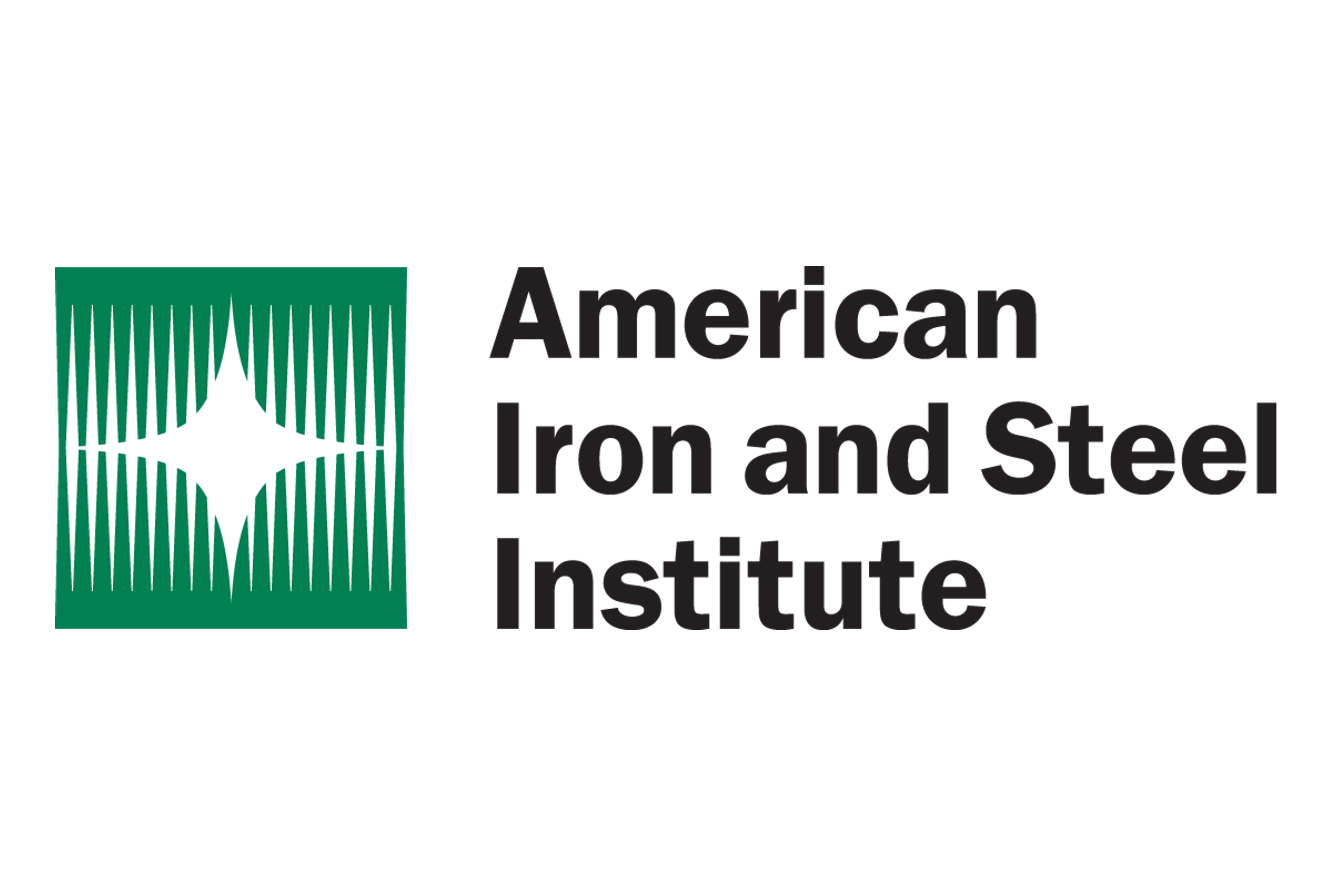Market Data

March 14, 2017
Robert Lighthizer at Hearing for US Trade Rep Today
Written by Sandy Williams
Robert Lighthizer faces the Senate confirmation hearings today without the congressional waiver needed to take the post of U.S. Trade Representative.
A waiver is required because of a provision prohibiting individuals who worked on behalf of foreign governments in trade negotiations with the United States from becoming the U.S. trade representative. Lighthizer’s work on behalf of Brazil and a government controlled entity in China put him in this category.
The waiver and the hearing for Lighthizer was delayed by an attempt by Democrats to link the waiver to a bill that provides pension and healthcare benefits for coal miners. The waiver must pass a House and Senate vote.
Ironically, President Trump has criticized government officials lobbying for foreign governments and signed an executive order on Jan. 28 to prohibiting executive branch appointees from engaging “in any activity on behalf of any foreign government or foreign political party.”
Senate Finance Committee Chairman Orrin Hatch (R-Utah) made the following comment in his announcement of the hearing, “In order for Congress to have a strong say in the Trump Administration’s trade policy agenda, we need to confirm the USTR as soon as possible.”
He added: “After unprecedented delays and unrealistic and unrelated demands that have hindered the advancement of Mr. Lighthizer’s nomination, it is past time to allow the Committee to examine the nominee’s qualifications to lead USTR. I look forward to hosting Mr. Lighthizer and hearing his views on trade policy, and specifically, how he plans to protect American intellectual property rights abroad and ensure U.S. global competiveness in the 21st century.”
Lighthizer is expected, among other topics, to be questioned on his views on NAFTA, trade deficits and U.S. participation in the World Trade Organization.
Lighthizer, currently an attorney at the law firm Skadden, Arps, Slate, Meagher & Flom LLP, has more than 30 years of experience in international trade. He served as chief minority counsel and chief counsel to the Senate Finance Committee from 1978 to 1983 and as deputy trade representative during the Reagan administration. During his career he has represented the U.S. steel industry and others in trade litigation and legislative initiatives and has been openly critical of China trade policies. His nomination was welcomed by the American Iron and Steel Institute, Steel Manufacturers Association and American Institute for International Steel and United Steelworkers.
A recent Bloomberg article characterized Lighthizer as Trump’s “hammer.”
“He’ll be the hammer,” said Bill Perry, a partner at law firm Harris Bricken, in the Bloomberg article. “He’ll be an extremely tough negotiator. And for free traders, he’ll be their best hope, because he understands the limits of the law.” Perry was hired by former deputy trade administrator Lighthizer in the 1980s.
Lighthizer is expected to bring his aggressive law methods to the Trade Administration and take tough positions on China. He is seen as a strong supporter of the U.S. steel industry and a supporter of President Trumps’ protectionist policies.







